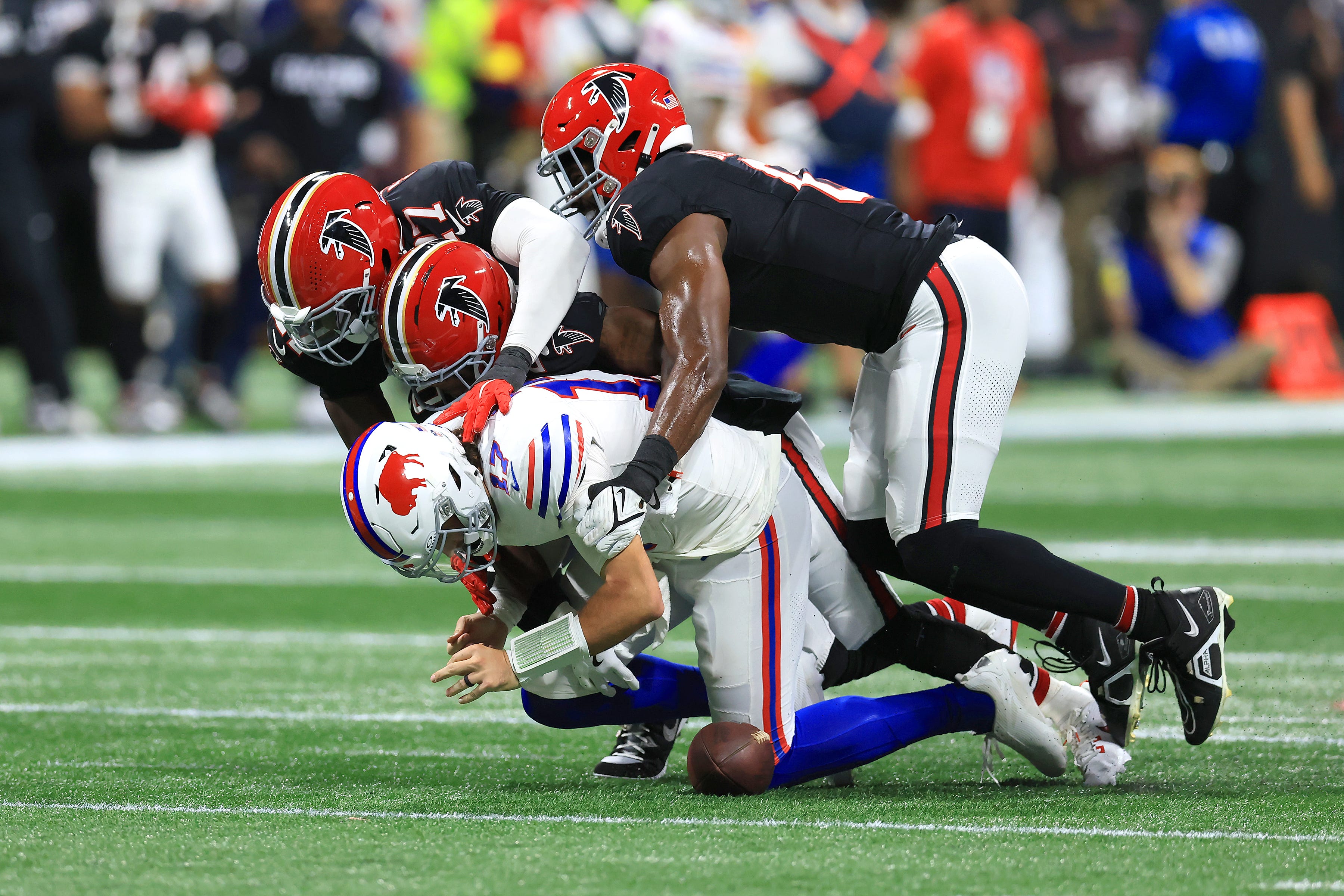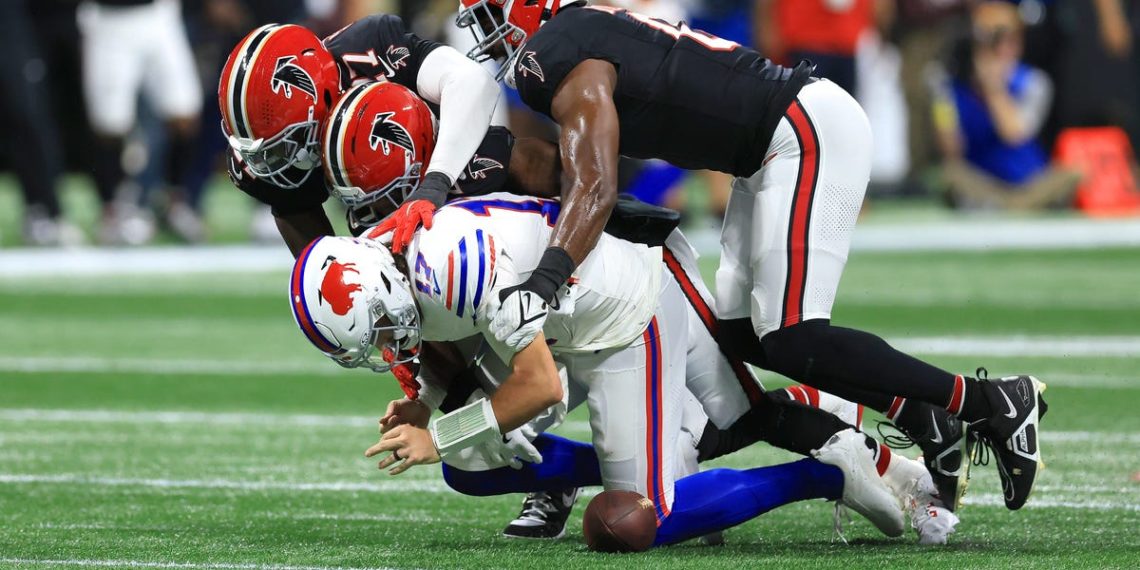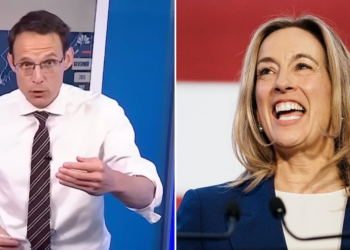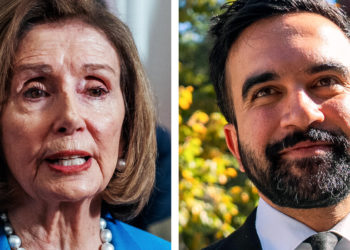
David J. Griffin/Icon Sportswire via Getty Images
- Sports betting is big. ESPN is the biggest brand in sports.
- But ESPN couldn’t use its brand to make headway in the sports betting market.
- So now it’s working with DraftKings — one of the two biggest players in sports betting — instead.
Less than a year after launching its own sports-betting brand, Disney is walking away — but not from sports betting.
Instead, Disney is replacing Penn Entertainment, the regional gambling company it teamed up with to launch “ESPN Bet,” with DraftKings, one of the two dominant sports-betting companies.
In practice, that means that starting next month, ESPN will direct viewers who want to bet on sports to DraftKings, instead of the ESPN-branded app that Penn operated. Disney says ESPN Bet will live on as a “content brand,” meaning a TV show and “social and digital channels.”
It would be understandable to think this is a reaction to the sports-betting backlash — one that got louder last month, when a gambling scandal engulfed NBA players and coaches. The real story is simpler: ESPN tried to push its way into the sports-betting market, and sports bettors didn’t care.
The fact that the Penn-ESPN partnership wasn’t working has been obvious for months. That’s why I asked ESPN boss Jimmy Pitaro about it in August. Back then, he noted that both companies could end their deal next summer but hoped ESPN’s new app and streaming service would boost things. “Let’s see if we can improve market share with this launch,” he told me. “And we will evaluate things at the end of football season.”
Turns out, they didn’t need to wait that long.
Penn has now tried twice to buy more market share by partnering with big media brands — first, upstart Barstool Sports, which it bought in 2020, then ESPN. Both bets were based on the same logic: grab a loud media brand and hope bettors follow. They didn’t.
ESPN, meanwhile, avoided sports betting for years because it was uneasy linking the Disney name to gambling — so much so that it walked away from an earlier DraftKings deal in 2015. Now it says it has no choice but to embrace betting, because its audience expects it.
“It would be very hard for ESPN today to serve the sports fan without providing substantial, meaningful betting content and a frictionless — or somewhat frictionless — experience around placing a bet,” Pitaro told me.
But even the biggest brand in sports couldn’t convince bettors to abandon the platforms they already use. FanDuel and DraftKings — which built massive user bases through “daily fantasy” contests before betting was fully legalized — now control roughly two-thirds of the US market. ESPN couldn’t loosen that grip in 2025.
But even if ESPN can’t crack that duopoly, someone else might. Prediction markets like Kalshi and Polymarket are now letting users wager on everything from inflation numbers to Taylor Swift sightings, under looser regulation. And those platforms are becoming de facto betting competitors — even in states where official sports betting still isn’t legal.
That’s why DraftKings just bought prediction-market startup Railbird. And it’s why its new ESPN deal may be less about expansion and more about playing defense.
Read the original article on Business Insider
The post ESPN’s failed bet says everything about sports gambling in 2025 appeared first on Business Insider.




